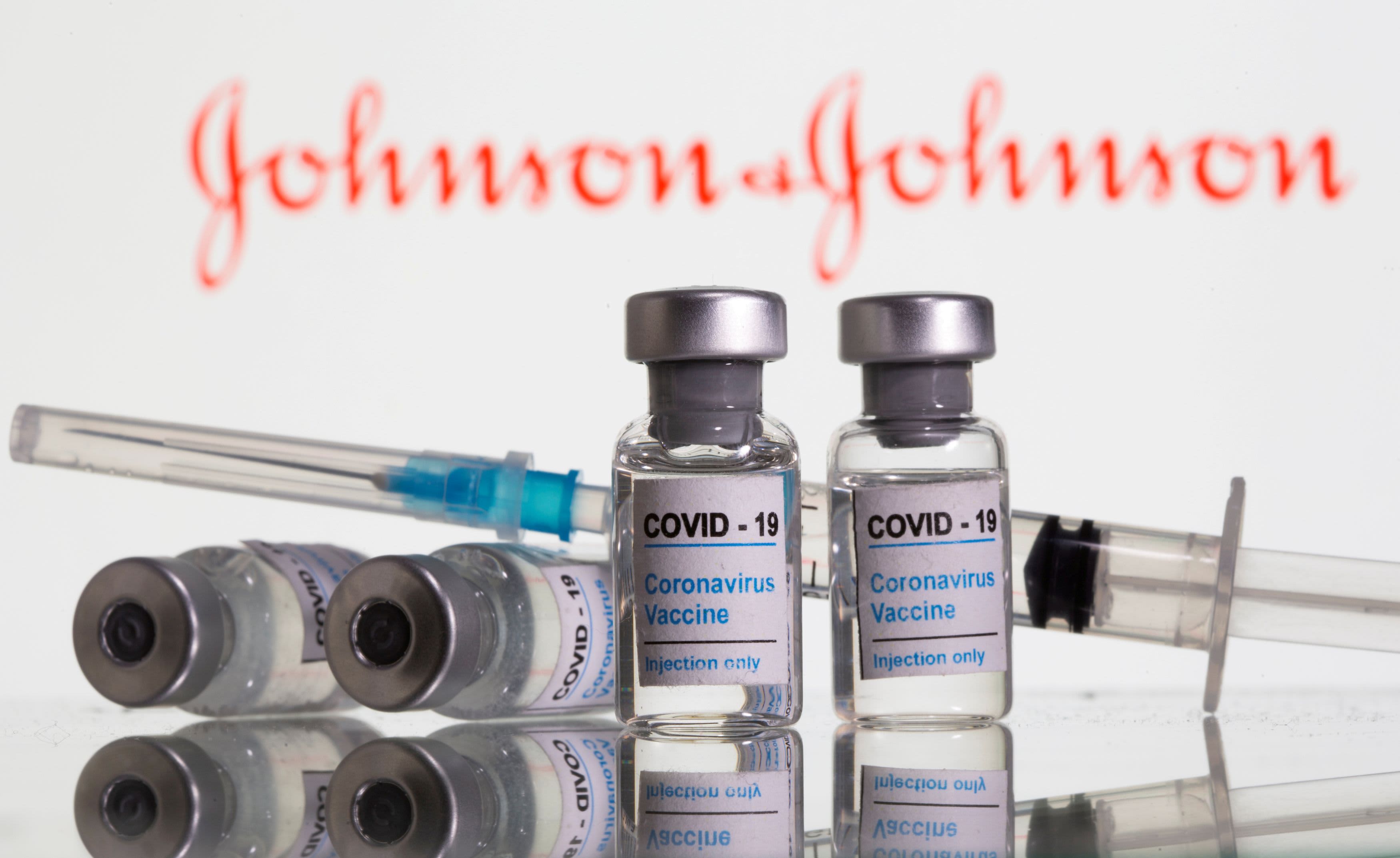‘A devastating blow’ — doctor says pausing J&J Covid vaccine will have far reaching effects

Dr. Kavita Patel told CNBC on Tuesday she believes the Food and Drug Administration’s recommendation that states pause the use of Johnson & Johnson‘s single-shot Covid vaccine is likely to have lasting impacts on the nation’s efforts to combat the pandemic.
“This is a devastating blow to this J&J vaccine effort in the United States,” Patel, a primary care physician in Washington, D.C., said in an interview on “Squawk Box.” She also worked on health-care initiatives in the Obama administration while serving as director of policy for the Office of Intergovernmental Affairs and Public Engagement.
Patel said the supply of the two-shot vaccines from Pfizer and Moderna won’t be able to quickly make up the demand created by the J&J pause. This will delay U.S. vaccination efforts, she added.
The FDA’s recommendation, issued earlier Tuesday, came after six people in the U.S. developed rare and severe blood clotting issues after they received the J&J vaccine.
In a tweet, the U.S. regulator said it’s action was being taken “out of an abundance of caution.”
All six cases occurred in women between the ages of 18 and 48, with symptoms developing six to 13 days after they received the shot.
As of now, J&J said there’s “no clear causal relationship” between these rare events and the vaccine. The U.S. drug giant also said it’s working with regulators.
While she expects Moderna and Pfizer will be able to “pick up some of that slack” eventually, Patel stressed “it will take time” for those other vaccine makers to have additional doses available in the U.S.
One particular challenge with halting the administration of J&J’s vaccine is that it requires just a single shot, Patel said, whereas Moderna and Pfizer’s mRNA vaccines require two doses for full immunity protection.
“In the next one to three weeks, we just can’t substitute it,” said Patel, an NBC News medical contributor and nonresident fellow at the Brookings Institution. “This will delay our vaccination efforts.”
To compensate, the U.S. may want to consider pushing back the administration of second doses for recipients of Moderna and Pfizer’s vaccines, Patel suggested.
White House chief medical advisor Dr. Anthony Fauci has opposed calls to do so at earlier points in the pandemic.
Moderna’s second dose is supposed to be given four weeks after the first, while it’s three weeks apart for Pfizer.
“You’re going to hear a renewal for calls to delay that second shot so we can get as many first shots into the arms. It’s not an unreasonable thing to do, to consider now,” said Patel.
“If we push out the second doses of Moderna or Pfizer one or two weeks, this could actually still help us pick up some of that slack in a faster pace,” she added.




